We Can Save the Caribbean’s Coral Reefs
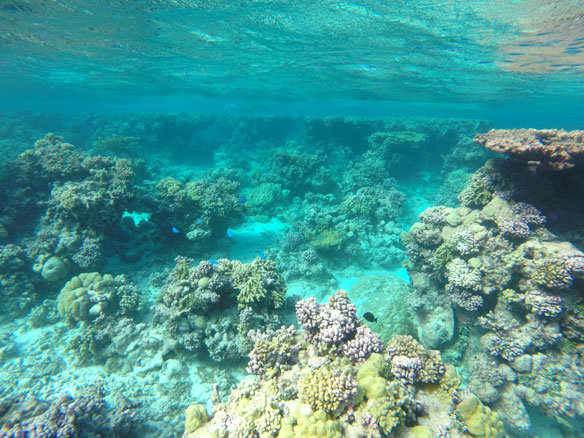
Parrotfish eat algae and seaweed. These brightly colored fish with beaklike mouths inhabit coral reefs, the wellsprings of ocean life. Without them and other herbivores, algae and seaweed would overgrow the reefs, suppress coral growth and threaten the incredible array of life that depends on these reefs for shelter and food.
Salvadoran Farmers Stake Their Bets on Sustainable Development
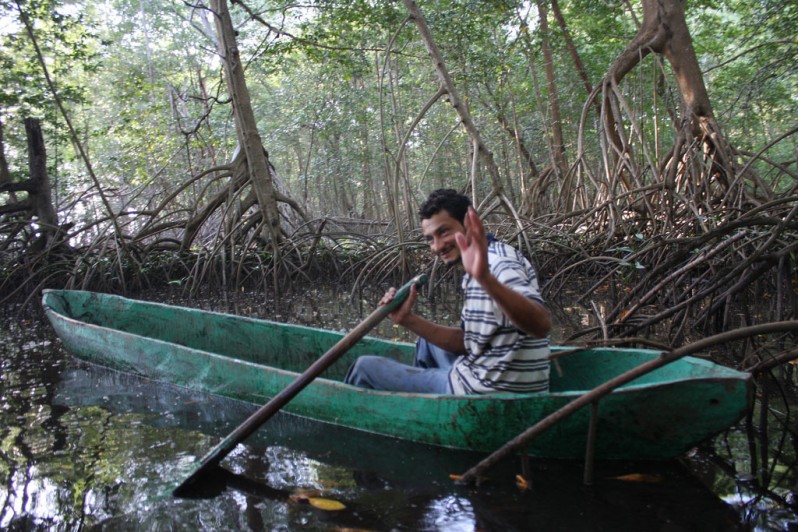
Peasant farmers from one of El Salvador’s most fragile coastal areas are implementing a model of sustainable economic growth that respects the environment and offers people education and security as keys to give the wetland region a boost.
Ocean Warming Affecting Florida Reefs
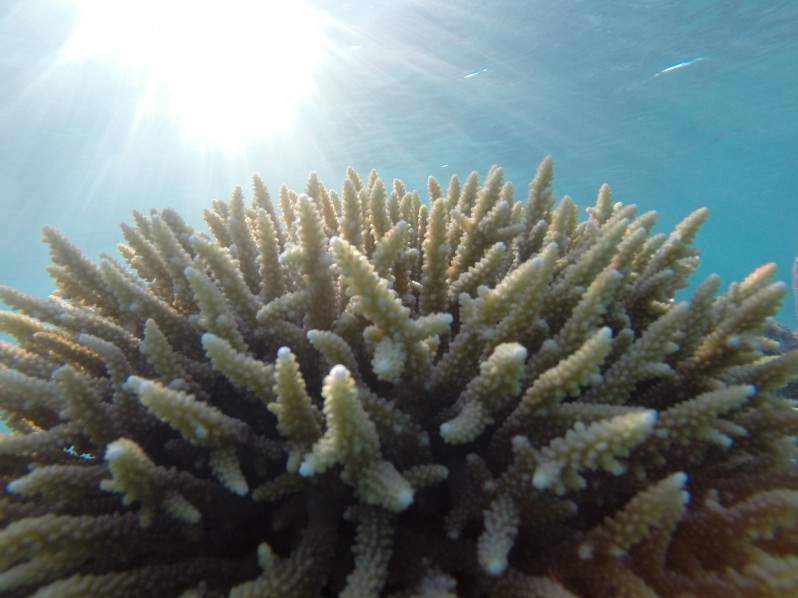
Late-summer water temperatures near the Florida Keys were warmer by nearly 2 degrees Fahrenheit in the last several decades compared to a century earlier, according to a new study by the USGS. Researchers indicate that the warmer water temperatures are stressing corals and increasing the number of bleaching events.
NOAA Lists 20 Coral Species As Threatened
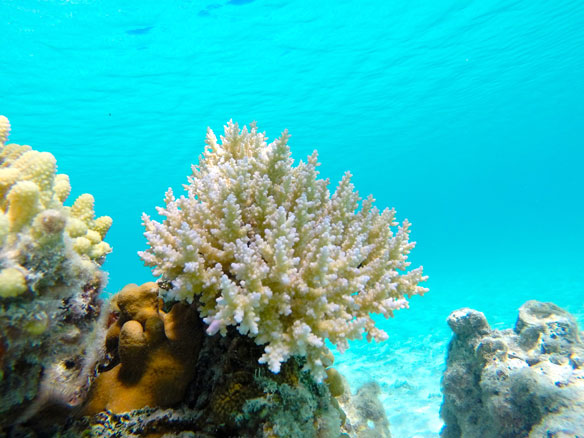
NOAA announced it will afford Endangered Species Act protections to 20 coral species. All 20 species will be listed as threatened. Fifteen of the newly listed species occur in the Indo-Pacific and five in the Caribbean.
Mangroves Planted To Protect Airport From Coastal Erosion
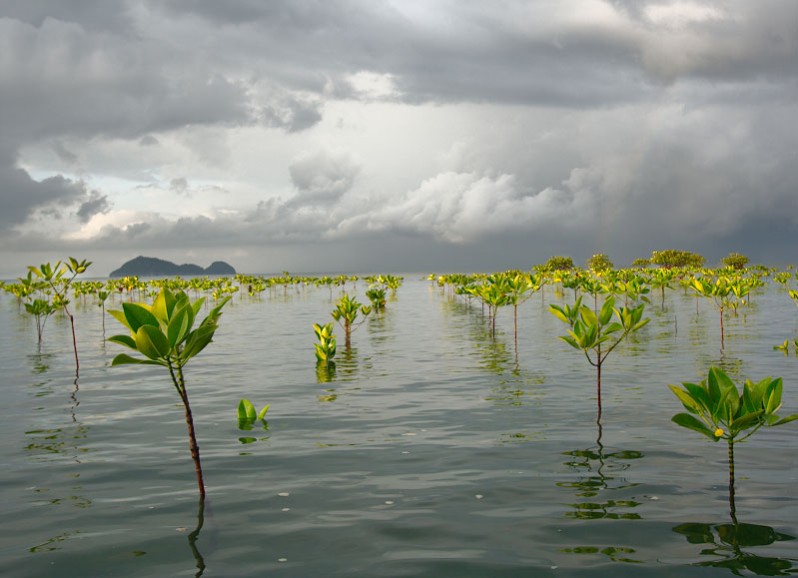
Dozens of schoolchildren and hundreds of university students and soldiers helped to protect Ahmad Yani International Airport in Semarang, Central Java, from coastal erosion by planting 10,000 mangroves on Maron Beach.
Dumping Ban Urged for Australia’s Iconic Reef
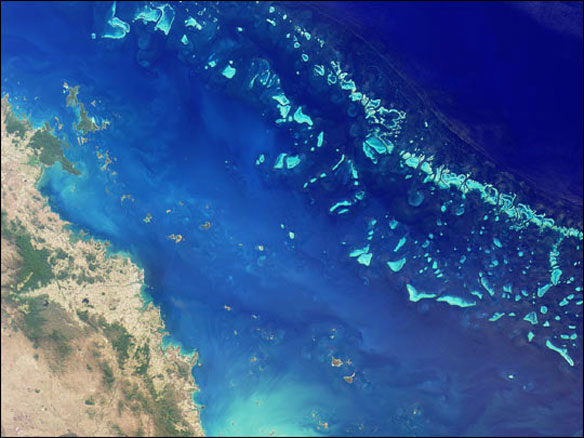
The Great Barrier Reef Marine Park Authority, the government agency responsible for protecting the reef, recently approved the dumping of five million tonnes of dredging spoil in the reef region. Scientists and coral reef experts universally condemned the decision.
Sustainable Tourism Thrives in Philippines’ Largest Marine Sanctuary
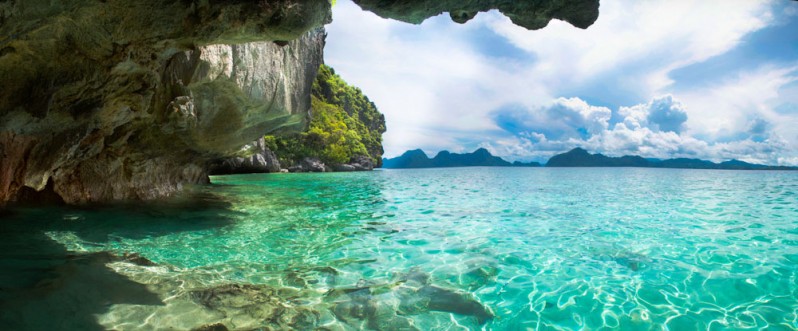
In the last 10 years the number of tourists flocking to El Nido has more than tripled. In 2013 the famed marine sanctuary welcomed over 60,000 tourists to its white sand beaches, lush mangrove and ever-green forests, and magnificently sculpted jade islands. While tourism is a mainstay of the local economy, it is also an industry that is especially sensitive to reef conditions.
Belize’s Lobster And Fish Populations Rebuild In No-Take Zones
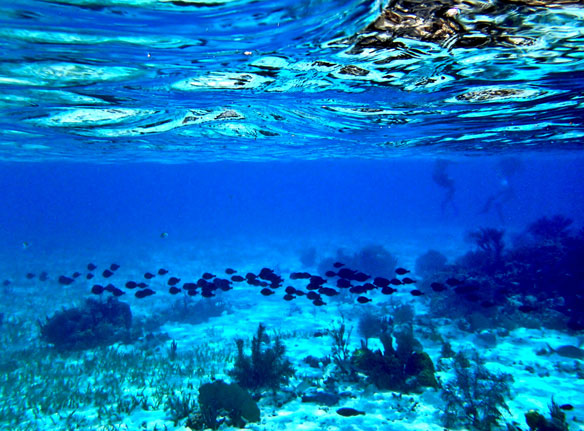
A new report shows that no-take zones in Belize can not only help economically valuable species such as lobster, conch, and fish recover from overfishing, but may also help re-colonize nearby reef areas.
How Commercial Fishing Affects Coral Reefs
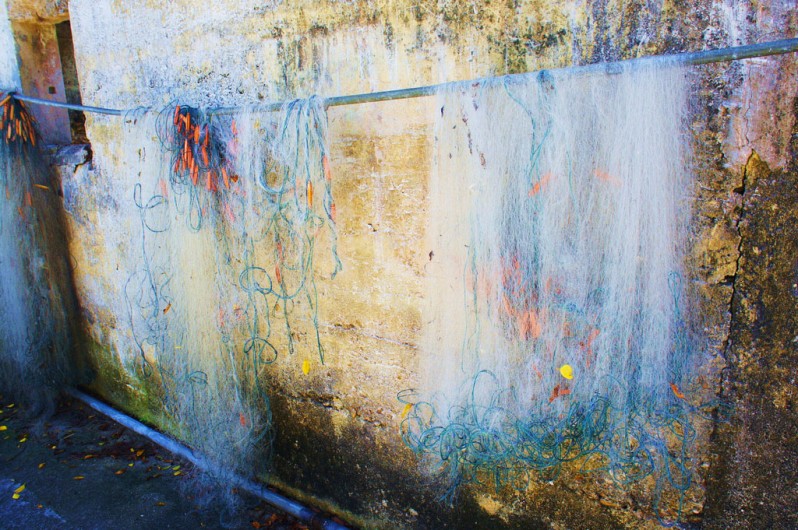
Biologists have shown that inhabited coral islands that engage in commercial fishing dramatically alter their nearby reef ecosystems, disturbing the microbes, corals, algae and fish that call the reef home.
